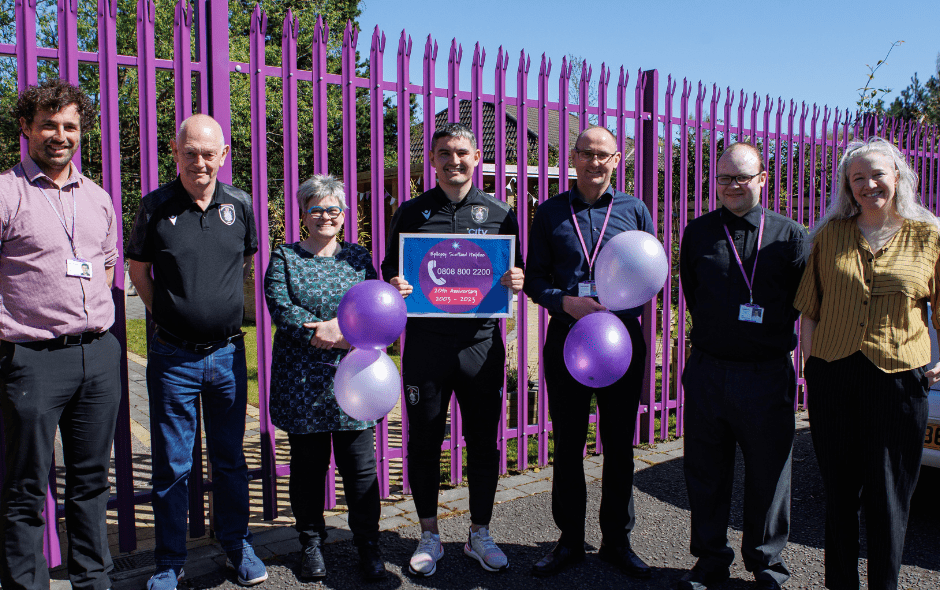Our Helpline and Information Officer Uschi talks about the impact of an epilepsy diagnosis and some of the inspirational people she has met who are managing to live a happy and fulfilling life despite ongoing epilepsy challenges.
I’ve always been in awe of those who somehow find moments of joy, contentment, and positivity in their life despite a life-changing, or sometimes life-limiting, health condition and possibly ongoing daily challenges.
Callers to our epilepsy Helpline often talk about their world being turned upside down after a diagnosis of epilepsy. There is grief, there is anger.
Suddenly, you are facing a life that you think will revolve around taking medication, medical appointments, trying to dodge injuries, worrying about your job or finances, and dealing with anxiety.
You constantly have to think about your safety and take precautions others wouldn’t ever imagine having to take.
Even if you are one of the lucky 50-60% of people who become seizure-free with medication, you may still be cautious and risk-averse for a long time before you can let go of that constant anxiety and fear of seizures returning.
Some people will never be able to shake off that feeling of living life on a knife’s edge. Everyone’s resilience is different.
I sometimes get a bit frustrated when I come across generalising motivational statements saying someone with epilepsy can do just as much as everyone else.
I appreciate the sentiments behind these statements, and for some that might well be empowering to hear.
But I don’t find them necessarily helpful when I think of the many people who contact us because they are really struggling and are finding themselves in a very dark place.
And stating the opposite is unhelpful too. You don’t have to stop doing everything you enjoy and stay at home if your seizures are not controlled.
Besides, you can have a seizure in the safety of your home and injure yourself!
So, how do you find that middle way, how do you get to a point where epilepsy becomes less all-consuming, and you start enjoying life again, and maybe even start making plans?
Finding acceptance
It takes time. But at some point, you may move beyond that grief, the anger, the frustration, and that feeling of helplessness, and start seeing some opportunities rather than just limitations, even if your seizures remain uncontrolled.
This is the point when you start to accept things as they are right now. Acceptance is an important stage in the grieving process.
Some people will need help with that from a professional therapist, but even talking and opening up about how you feel to a helpline or someone you trust can help you slowly move towards that point and work out your next steps.
Working on our helpline gives me the privilege to meet some of the most amazing and inspiring people who are managing to live their lives despite their epilepsy.
There’s my good friend who talks about having a great and fulfilling life despite being affected by debilitating seizures and mental health struggles.
I have no idea what it must be like pulling yourself back from the sheer physical and mental exhaustion after yet another cluster of seizures, but somehow they always do, and their positivity is truly humbling and inspiring.
Or there’s the person who contacted us on our helpline who wouldn’t let their diagnosis of epilepsy get in the way of their passion for horse riding.
Sometimes we have to make a balanced and informed decision about the risks and rewards of certain activities.
If the ‘not doing something you enjoy’ drags you into a really dark place, get medical and professional advice to see if you can make this activity safer.
If you are feeling you will never get to this point right now, I hear you.
Speak to someone, reach out to us, phone our helpline on 0808 800 2200. We are here for you.




